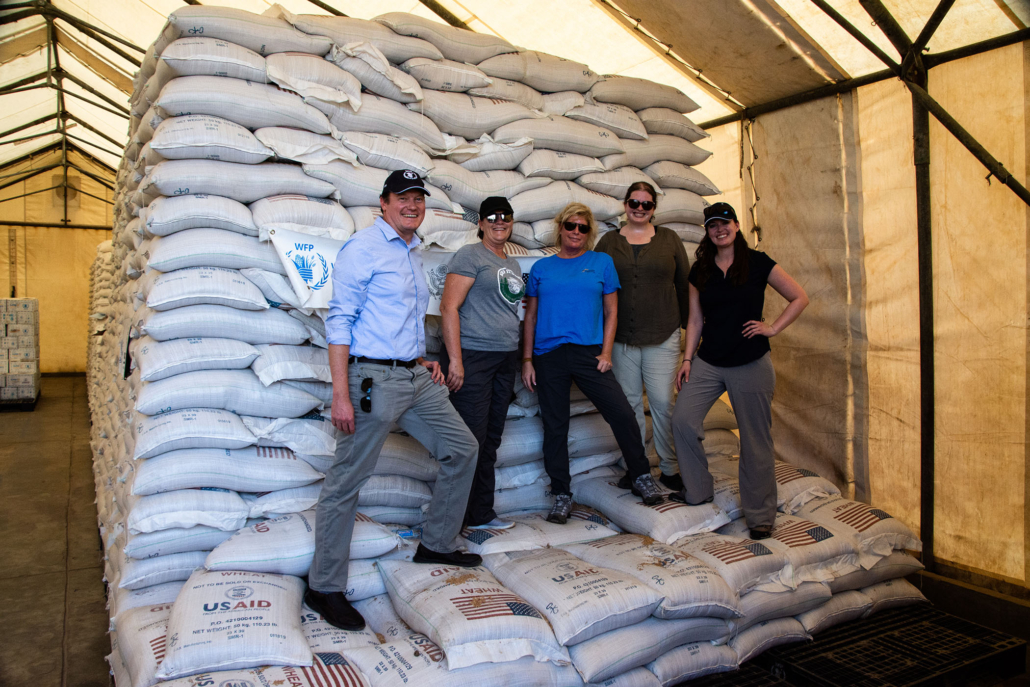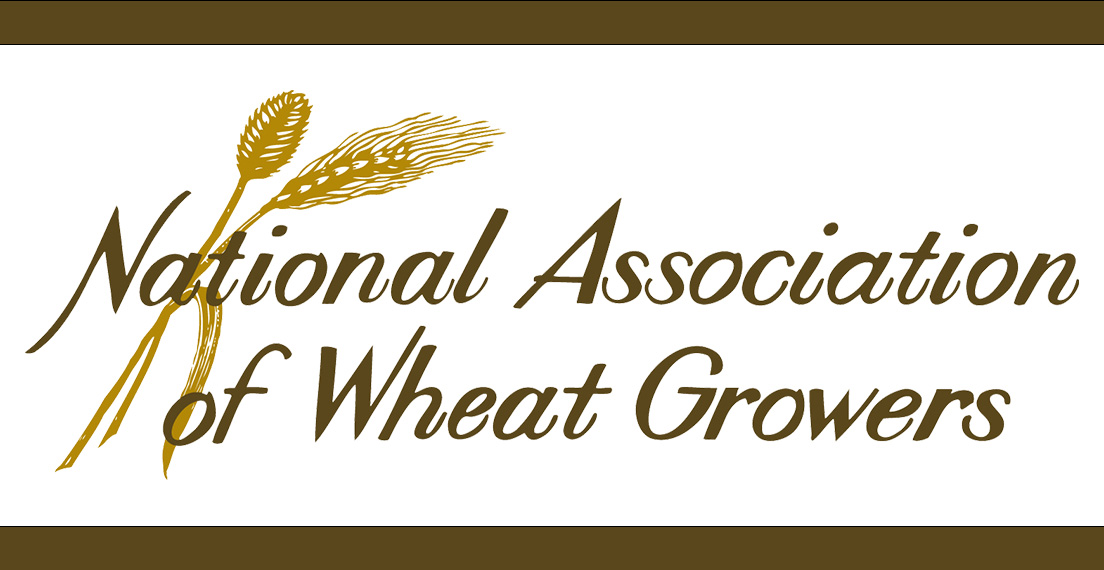Export Market Development and International Food Assistance Grow in Importance, NAWG President Tells Congress
U.S. Wheat Associates (USW) thanks National Association of Wheat Growers (NAWG) President Nicole Berg for highlighting the vital role of international food aid programs and export market development programs to the U.S. House Agriculture Committee’s Livestock and Foreign Agriculture Subcommittee. Berg, a wheat farmer from Paterson, Wash., testified on April 6 at the subcommittee’s hearing on the 2022 Farm Bill. Her testimony focused on the Title III programs: international food aid and agricultural trade promotion.
In her testimony, Berg described how food aid helps stabilize economies and populations impacted by climate change, famine, and war. She also reinforced the critical role trade promotion programs play in sharing the abundance of U.S. agriculture across the world.
USW is a cooperator with USDA’s Foreign Agricultural Service in the Market Access Program (MAP) and Foreign Market Development (FMD) program. Berg noted that while these programs benefit U.S. agricultural producers and their overseas customers, program funding has been static for over 15 years. She highlighted a study that concluded that doubling annual MAP and FMD funding would incentivize private industry to increase their investments by 50%, creating yearly increases in agricultural exports by $4.5 billion. The Title III programs are essential to building trust with buyers and end-users, Berg told the member of Congress.
Food Aid Will Be Needed
“While there is still uncertainty about how the Russian invasion of Ukraine will impact world markets, we know that the invasion will exacerbate global food insecurity,” Berg said.
Wheat makes up the largest volume of in-kind U.S. food aid. In her written testimony, Berg said the looming humanitarian crisis from the Russian invasion of Ukraine will need U.S. food aid programs to curb the effects of hunger.
“Our food aid programs are the best suited for U.S. wheat to help support the humanitarian needs of those involved,” Berg said. “As the subcommittee continues to evaluate the 2018 Farm Bill programs, our food aid programs must receive continued support, and the MAP and FMD programs dollars must be enhanced to support cooperator needs.”

In 2019, NAWG President Nicole Berg, center in blue shirt, witnessed the life-changing efforts of international food aid on a visit to Kenya and Tanzania. At the Kakuma Refugee Camp in Kenya, the World Food Programme (WFP) was feeding 98% of the more than 200,000 residents from nine countries. Over half of their food supplies, including wheat, comes from the United States. A man named Nelson told Berg that they were always happy with the high quality of the U.S. food they received, especially due to the quality of wheat flour.
From their offices on Capitol Hill, NAWG is the primary policy representative in Washington D.C. for wheat growers, working to ensure a better future for America’s growers, the industry and the general public. NAWG works with a team of 20 state wheat grower organizations to benefit the wheat industry at the national level. NAWG staff is in constant contact with state association representatives, NAWG grower leaders, Members of Congress, Congressional staff members, Administration officials and the public.
Read Berg’s full testimony here.


